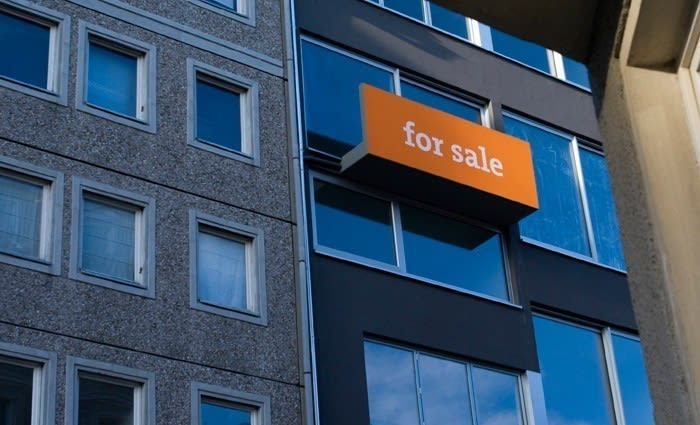Apartment over-building doesn't mean prices will fall: Terry Ryder
Forecaster BIS Shrapnel this week used apartment oversupply as part of the justification for predicting (minor) price decline in some of our major cities over the next three years.
While I certainly share their concerns about over-building of high-rise apartments, I don’t agree that this means prices generally will fall in those cities.
Does a unit over-supply in inner-city Adelaide or Brisbane prevent house prices from growing in housing markets in the middle-ring and outer suburbs?
On the Gold Coast, past oversupply has resulted in key locations like Surfers Paradise having pricing levels lower than 10 years ago. But it hasn’t prevented inland housing suburbs from delivering price growth averaging 4-5 percent per year over the past decade.
So I expect price growth in housing markets in Brisbane, Adelaide, Canberra and Hobart – as well as the Gold Coast – regardless of the over-supply issue in the high-rise areas of those cities. I’m not expecting much from Sydney or Melbourne in the next few years, because those markets have passed their peaks and sales levels have fallen away dramatically, leading to price stagnation or minor decline.
The unit oversupply is a separate issue – and a serious one. It’s significant that lenders are including high-rise areas on blacklists, that developers are deferring planned projects and that vacancy rates are rising in key areas.
This week I updated vacancy rates for Brisbane inner-city suburbs for a seminar presentation. There has been a market blow-out in vacancies in all six suburbs I reference in that presentation. Most now have vacancies in the 5-6 percent range, according to SQM Research figures.
In the space of three months, the vacancy rate for the Brisbane CBD has increased from 4.4 percent to 5 percent, while Woolloongabba is up from 4.8 to 5.5 percent and New Farm has increased from 5.3 to 6.1 percent.
These statistics will worsen as projects now under construction are completed and their apartments join the rental pool – because very few of the sales are being made to owner-occupiers.
Apartment markets with current or looming surpluses of stock make up half of the 10 markets highlighted in my No Go Zones report (the only half being regional areas impacted by the resources sector).
This really is one of the core issues facing the property industry. While the developer lobby keeps running the party line about dwelling shortages – despite two years of record building approvals pumped up by apartment projects – the big issue is the opposite problem of surplus.
It’s inevitable that, in some markets, vacancies will rise, rents will fall and values will be impacted.
As BIS Shrapnel senior director Angie Zigomanis says: “Nearly all capital cities are building apartments at record rates on the back of the recent strength in investor demand. As these projects are progressively completed, it is likely that there will not be enough tenants in a number of cities to support rents and consequently values upon completion.”
I’m amazed at how many people are still buying apartments in Surfers Paradise, inner-city Melbourne and inner-city Brisbane, and by the number of new projects seeking approval in oversupplied markets like Perth, Brisbane and Melbourne.
Across the key high-rise suburbs of the Gold Coast, Melbourne and Brisbane, 8,242 people have bought apartments in the past 12 months, including 1,588 in Surfers Paradise and 1,501 in the Melbourne CBD.
Do these people not read? Don’t they have access to the Internet? The warnings from analysts, commentators, lenders and the Reserve Bank over the past 12-18 months add up to a deafening roar.
If you’re ignoring all that and still buying high-rise units off-the-plan in these markets - or if you’re oblivious to it because you haven’t done even the most basic research - you deserve to lose money.
Terry Ryder is the founder of hotspotting.com.au
twitter.com/hotspotting
